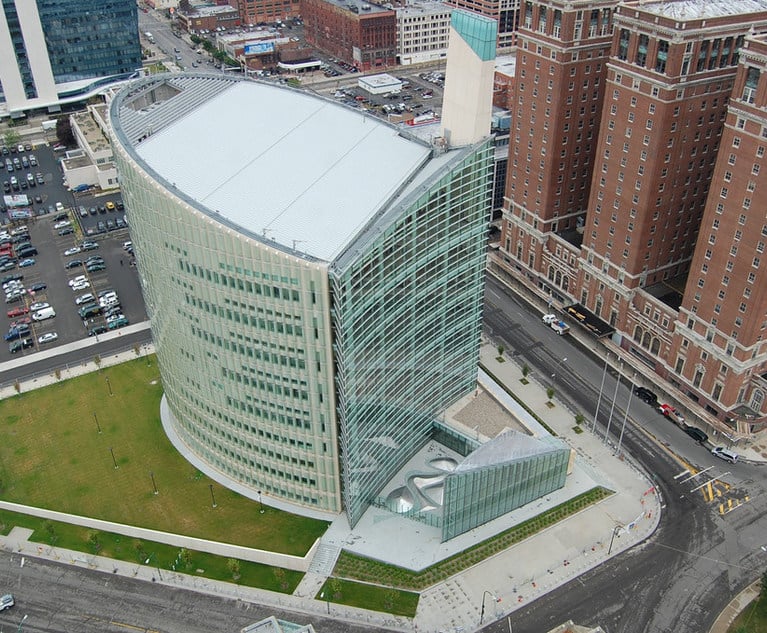 Not a week goes by without a report about a man wrongfully convicted and imprisoned based on his confession later proven to be false. Repeatedly, the facts surrounding the “confession” show striking similarity: experienced, determined police officers, often white, certain they have “got their man”; frightened, confused young men, usually black or Hispanic, in surroundings utterly foreign and disorienting to them; hours of cajoling, promising, lying, and undeliverable offers of post-interrogation assistance; and often no access to family or counsel. At law, notwithstanding provable falsifications, this is not considered impermissible coercion.
Not a week goes by without a report about a man wrongfully convicted and imprisoned based on his confession later proven to be false. Repeatedly, the facts surrounding the “confession” show striking similarity: experienced, determined police officers, often white, certain they have “got their man”; frightened, confused young men, usually black or Hispanic, in surroundings utterly foreign and disorienting to them; hours of cajoling, promising, lying, and undeliverable offers of post-interrogation assistance; and often no access to family or counsel. At law, notwithstanding provable falsifications, this is not considered impermissible coercion.
The somewhat misnamed criminal justice system provides certain safeguards, but as has been all too often disclosed, those at the check points fail. First, of course, is police oversight. Oversight works on occasion, especially if done before any results are announced. The more intense the local interest is in “solving” the crime, the more probable that oversight will be cursory. Leaks to favored reporters will further undermine measured in-house scrutiny, because once the story is out, the idea of retraction faces the formidable barriers of personal and institutional ego.






